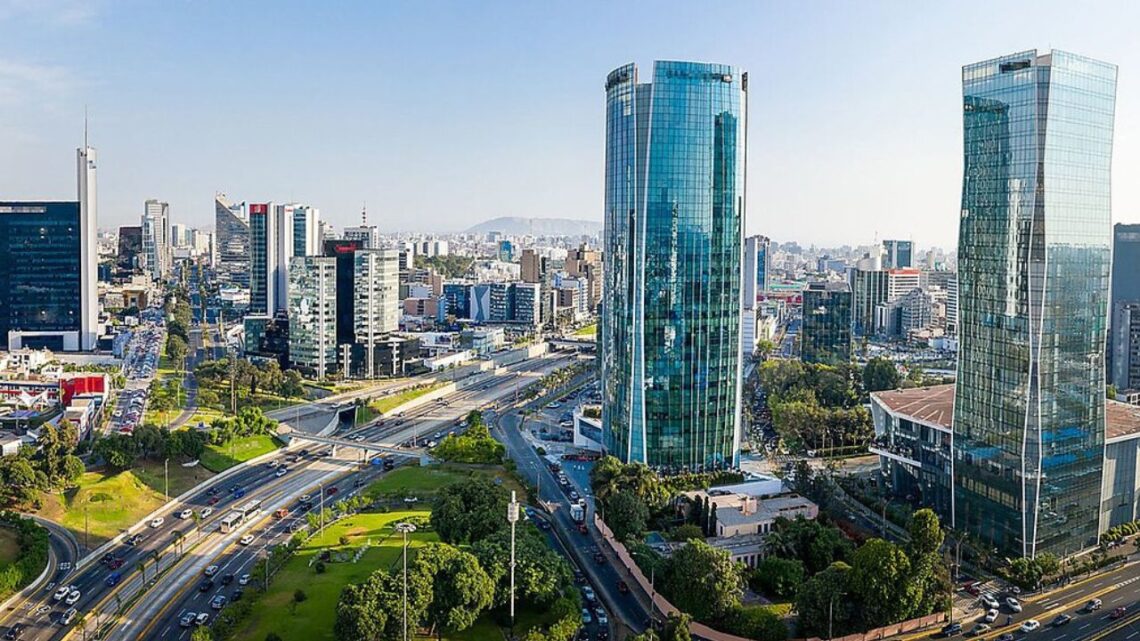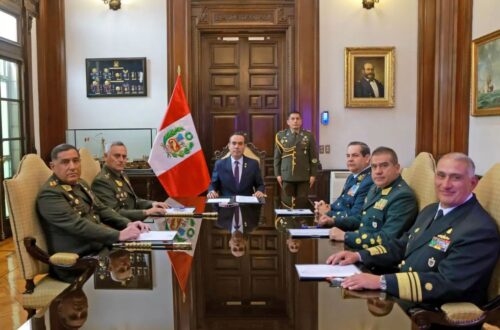When we hear about political chaos, most people expect a country’s economy to fall apart. But in Peru, something surprising is happening.
Even though the country has faced protests, unstable governments, and leadership changes, investors still believe the economy will remain strong. Let’s explore how Peru manages to stay stable, what dangers lie ahead, and what can help its future growth.
Why Peru’s Economy Is Still Strong
Even with the political drama, Peru’s economy shows a few important strengths that make investors confident.
- Strong Central Bank: Peru’s central bank works independently, which helps control inflation and maintain price stability.
- Natural Resources: The country is rich in minerals like copper, silver, and gold. These exports bring in steady income from global trade.
- Trade Agreements: Peru has trade deals with major countries, which help it sell goods abroad and attract foreign investors.
- Private Business Strength: Despite protests and political issues, many businesses in mining, banking, and manufacturing continue to operate smoothly.
Investors see these areas as signs of economic resilience—the ability to stay strong even during difficult times.
Risks and Challenges Peru Faces
While Peru’s economy looks stable for now, there are still big risks ahead. Political instability can slowly weaken confidence and reduce investment.
Here are some main challenges:
- Less Foreign Investment: Investors may wait before putting in money if they think new laws or leadership changes could affect their profits.
- Falling Credit Ratings: If rating agencies downgrade Peru, borrowing money becomes more expensive for the government.
- Mining Disruptions: Protests often block roads or stop production in key mining areas.
- Slow Economic Growth: Some years have shown smaller growth numbers or even declines in national output.
Below is a simple table showing how political problems have affected Peru’s economy in recent years.
| Year / Period | Major Event | Economic Impact |
|---|---|---|
| 2022–2023 | Frequent leadership changes and large protests | Business uncertainty and delayed investments |
| 2023 | Mining and transportation interruptions | Slower growth, weaker exports |
| 2024 | Modest recovery predicted | Dependent on better political stability |
These ups and downs show how politics and the economy are deeply connected. The more unpredictable the government becomes, the more careful investors grow.
What Peru Needs to Do Next
For Peru to keep its title as one of South America’s most reliable economies, it must take a few big steps.
1. Bring Political Stability
The government needs to restore public trust. Stable leadership and clear policies help investors feel confident that their money is safe.
2. Reduce Corruption
Corruption remains a big problem in politics and local administration. Cleaning up these systems will make business operations smoother and fairer.
3. Support Inclusive Growth
Economic progress should benefit all regions, not just the big cities. Investments in education, healthcare, and roads can help reduce inequality and create long-term stability.
4. Attract and Protect Investors
Peru should simplify rules for businesses, improve transparency, and guarantee property rights. These steps would encourage both local and foreign investment.
5. Focus on Key Industries
Mining, agriculture, tourism, and renewable energy can all help build steady growth. Proper management of these sectors can make Peru stronger in the global market.
The Outlook for Peru’s Economy
Experts believe that if Peru can calm its political scene, growth will continue. The country’s economic foundation is strong enough to recover quickly once confidence returns. However, if conflicts continue and reforms are delayed, Peru might face a slower recovery and higher unemployment.
Peru’s story is proof that a country can stay economically strong even when politics are messy. Its natural resources, disciplined central bank, strong private sector, and global trade links give it a solid base.
Still, this balance won’t last forever. For the economy to grow stronger, the government must work toward stability, transparency, and reform. When political order improves, Peru can once again shine as one of South America’s star economies.









